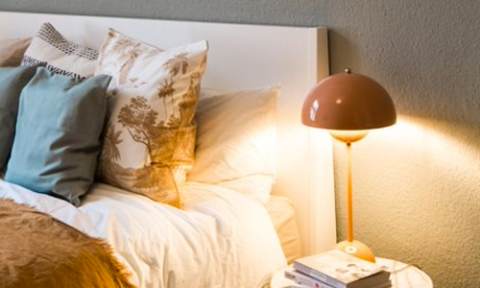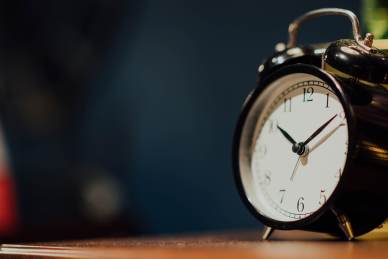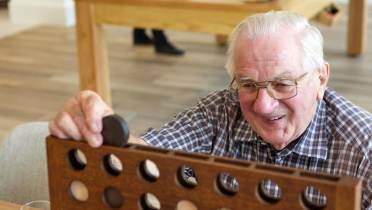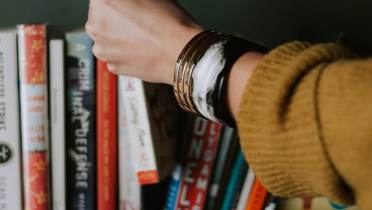
Known to help protect you from health issues such as heart disease, diabetes and obesity, sleep is an important factor for your health and wellbeing and not getting enough of it can adversely affect your immune system and leave you susceptible to colds.
According to The National Sleep Foundation, the recommended sleep for adults aged 26-64 is 7-9 hours, and 7-8 hours for the over 65s. However long you get each night, we all have our own bedtime rituals, but more often that not it isn’t as easy as getting into bed, turning out the light and waking up 7 hours later feeling refreshed. One of the critical stages of preparing for bed is winding down and trying to switch off from the day’s activities. With the help of The National Sleep Foundation, here are 6 top tips to help you get a restful night’s sleep:
1. Routine
Stick to a sleep schedule and go to bed and get up the same time every day, even on weekends. If you want to understand more about your sleep habits, apps like Sleep Cycle can help track your sleep and set an alarm when you are in a lighter sleep instead of a deep slumber. Available to download on Android and iPhone.

2. Relax
Establish a bedtime routine and factor in some time to relax. Some of the best ways to do this include; reading a book, listening to relaxation CDs, listening to the radio to distract the mind, writing “to do” lists to help clear your mind and a warm (not hot) bath to help your body reach an ideal temperature for resting.
3. Environment
Evaluate your environment by ensuring your bedroom is the right temperature (ideally between 18-24 C) and nice and dark. Blackout curtains or blinds are a great way to block out any unnatural light.
4. Comfortable bedding
Ensure your mattress and bedding are comfortable to sleep on. It is recommended you change your mattress every 7-10 years.

5. Avoid caffeine
Avoid alcohol, caffeine or a heavy meal late at night. Instead why not opt for a bedtime smoothie, melatonin, serotonin and tryptophan found in milk and bananas are known to aid sleep.
6. Switch off
Turn off electronics before bed and ideally ban TV and computers from the bedroom. The blue light emitting from these devices prevents the release of melatonin and therefore poses a danger to sleep.
If you find yourself waking up in the night and struggle to get back to sleep after 15-20 minutes, one of the best things to do is to get out of bed and go into another room. Try reading your book or listen to some relaxing sounds such as Relax Melodies (available on Android and iPhone), then head back to bed after 20-30 minutes. If you still struggle to get to sleep try doing the same thing over again and do your best to avoid the temptation of turning on the TV. If you are having trouble sleeping, don’t hesitate to speak with your doctor or seek out a sleep professional.




















